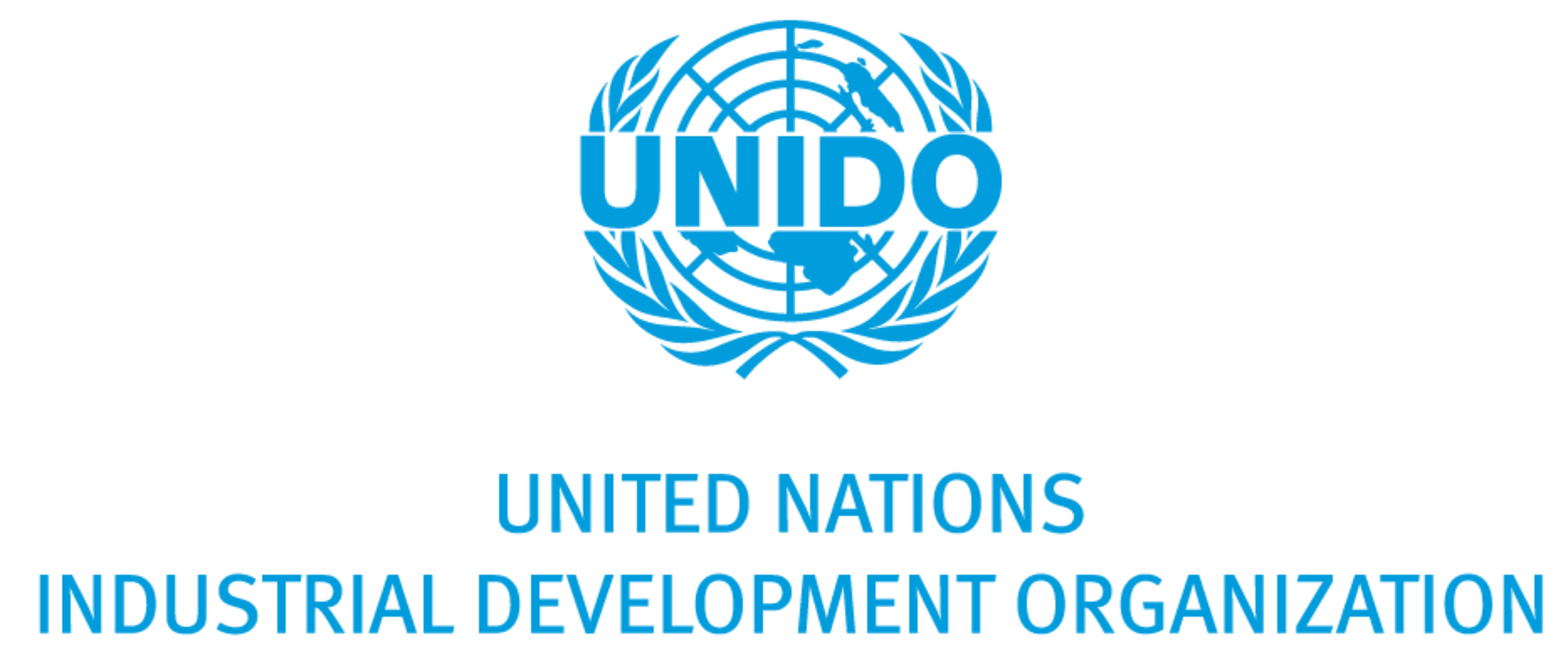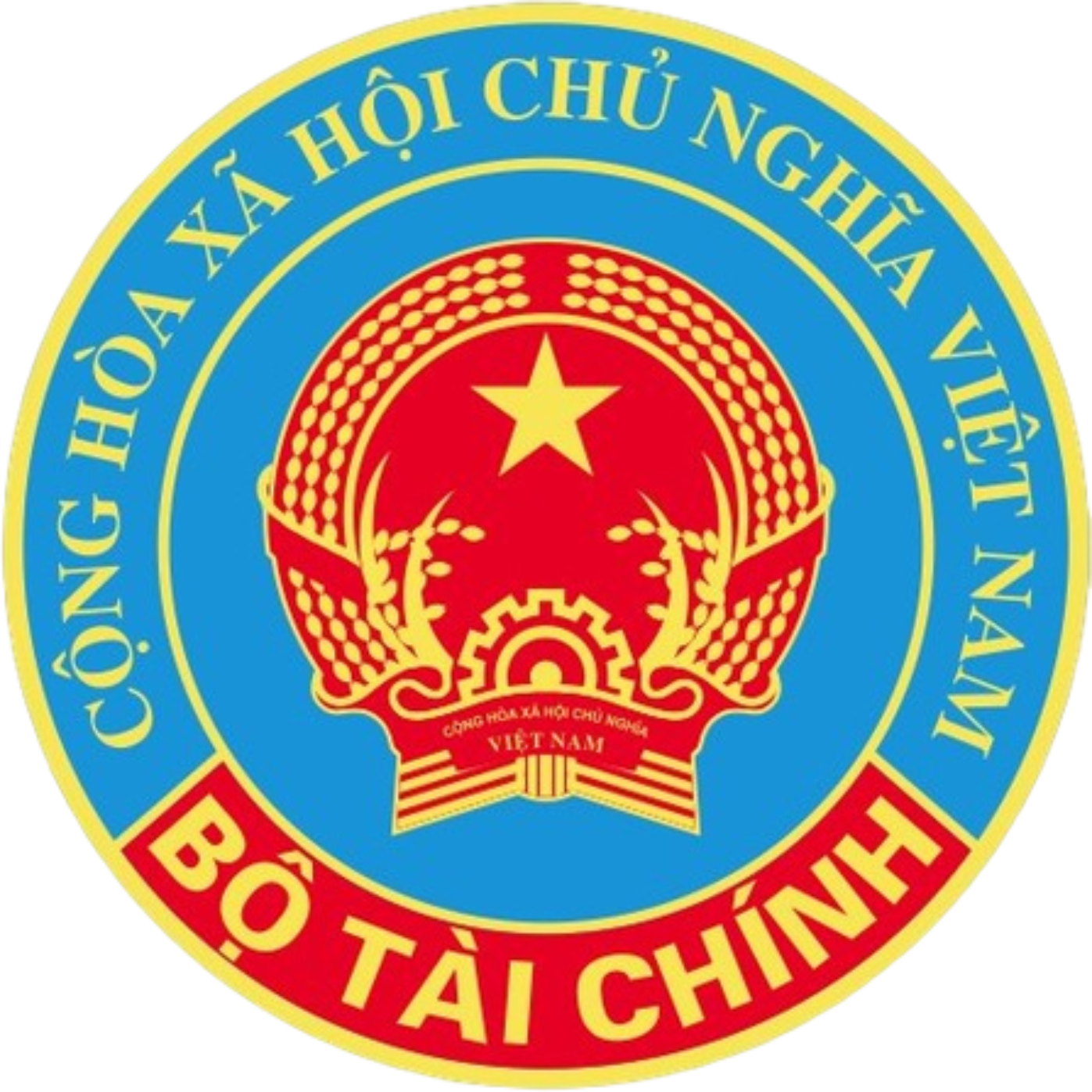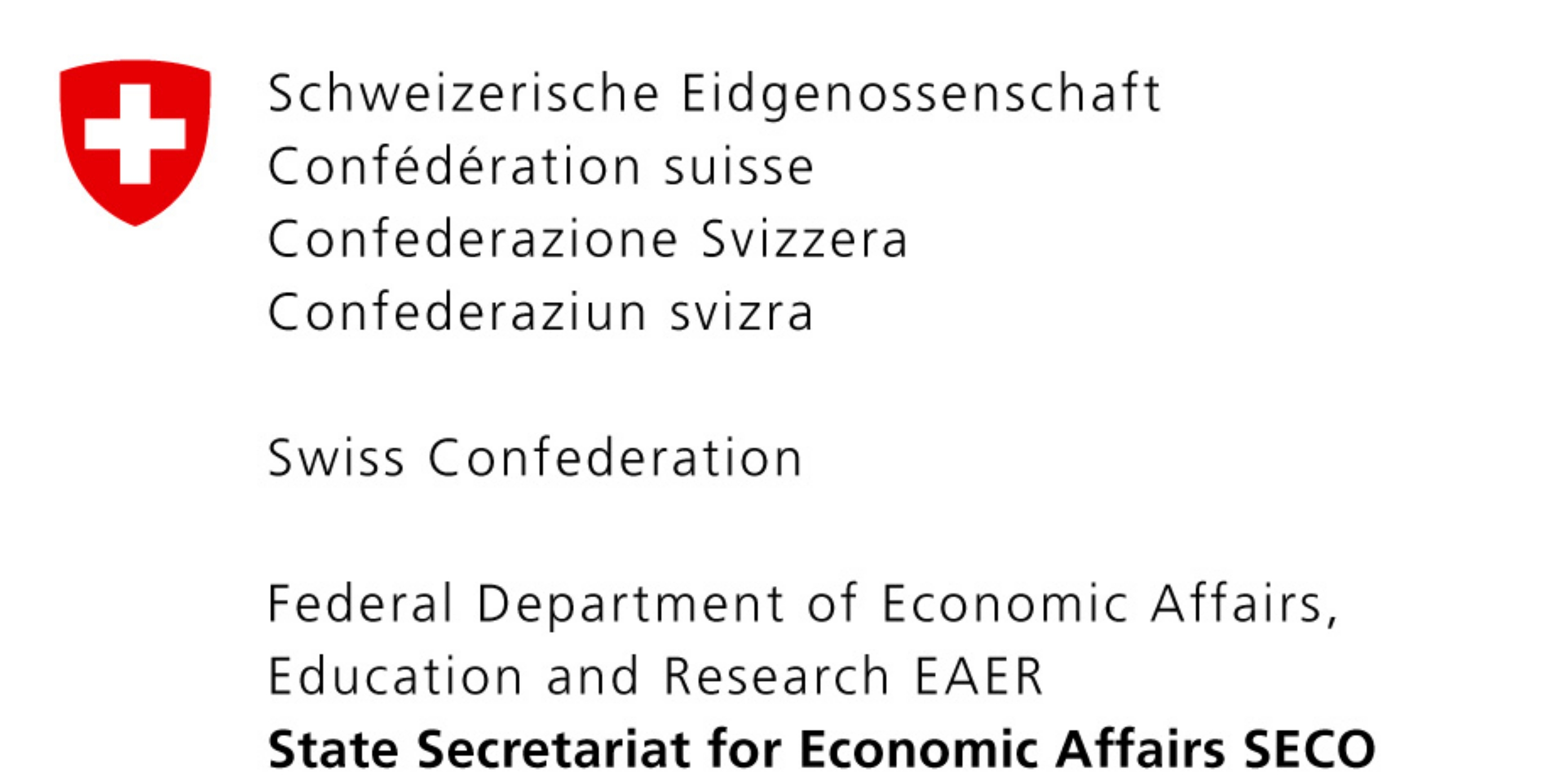Dong Nai Province — March 27, 2025 - The second workshop titled “Policy Framework for Treated Water Reuse and Circularity in Industrial Parks in Viet Nam” took place in Bien Hoa City, Dong Nai Province. This is the second event in a series of policy consultation workshops on treated water circularity and reuse in industrial parks. The event was jointly organised by the Project Management Unit of the “Scaling Up Eco-Industrial Park Approaches to Promote a Circular Economy in Viet Nam” project, the Ministry of Finance, the United Nations Industrial Development Organization (UNIDO), and the Dong Nai Industrial Zones Authority. The consultation workshop aimed to gather expert and stakeholder input for the development of a policy framework to be submitted to the Government.
While the first consultation workshop, held on March 12 in Hai Phong, focused on assessing current practices and sharing lessons from industrial parks in the northern region, the Dong Nai workshop expanded the dialogue to include perspectives from the southern region, which is home to a high concentration of industrial activity and increasing water demand, particularly during the dry season.
Speaking at the workshop, Assoc. Prof. Dr Do Khac Uan, Vice Director of the Faculty of Environment at Hanoi University of Science and Technology, underlined the crucial role of treated water reuse in achieving sustainable industrial development, contributing to the circular economy, and supporting Viet Nam’s net-zero emissions target by 2050. Several International models, such as Kwinana (Australia), Map Ta Phut (Thailand), and Kalundborg (Denmark), were cited as successful examples of how industrial water reuse can reduce resource dependency, boost economic efficiency, protect the environment, and enhance public health.
Mr. Pham Anh Tuan, Senior Director of Water and Environmental Management at Amata Bien Hoa Urban JSC, shared insights and challenges in implementing water reuse from the Amata Industrial Park, which treats approximately 2.1 million cubic meters of wastewater annually to Class A standards—making it suitable for reuse. He noted that both Technologies and solutions for water circularity and reuse are already available, and their economic efficiency has been proven. Treated water reuse has received positive responses from businesses within the IP. However, actual implementation remains dependent on the establishment of a clear policy framework.
Policy recommendations were presented by Assoc. Prof. Dr Hoang Thi Thu Huong, an environmental expert from Hanoi University of Science and Technology and UNIDO consultant. Her proposals focused on core pillars: developing appropriate technical standards for each reuse purpose, establishing clear legal provisions for specific applications such as street cleaning, tree watering, and cooling, and aligning regulatory support with implementation needs. These proposals sparked active discussion among participants.
Ms Vo Thanh Thuy, Deputy Head of the Environmental Management Division at the Ho Chi Minh City Export Processing and Industrial Zones Authority (HEPZA), noted that while policies such as Decree 54/2015/ND-CP and the 2022 Law on Water Resources have encouraged water reuse, a lack of detailed guidance has stalled progress. She emphasised that clear regulatory instructions would enable industrial parks and businesses to act promptly and responsibly.
Ms. Duong Xuan Nuong, Deputy Director of the Dong Nai Industrial Zones Authority, echoed the urgency of the matter, affirming that the demand for water reuse in industrial parks is significant and that developing a dedicated framework for industrial wastewater reuse is a pressing necessity.
Closing the workshop, Ms Nguyen Tram Anh, National Project Manager of the Global Eco-Industrial Parks Programme (GEIPP) Viet Nam, stressed: “Delays in establishing a legal framework for treated water reuse in IPs will lead to significant economic waste. Preliminary estimates show that if each IP can save hundreds of millions of VND by adopting water reuse, then with over 400 IPs nationwide, the savings potential is remarkable”.
Following the consultations in Hai Phong and Dong Nai, the project will continue working closely with national and international experts and relevant stakeholders to finalise and propose the policy framework for water circularity and reuse in industrial parks, to be submitted to competent authorities in the near future.




